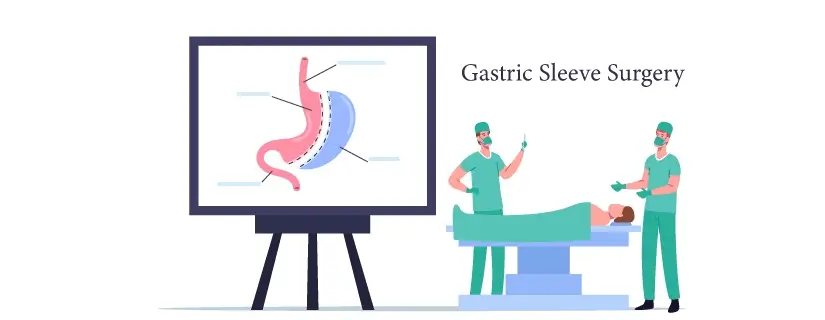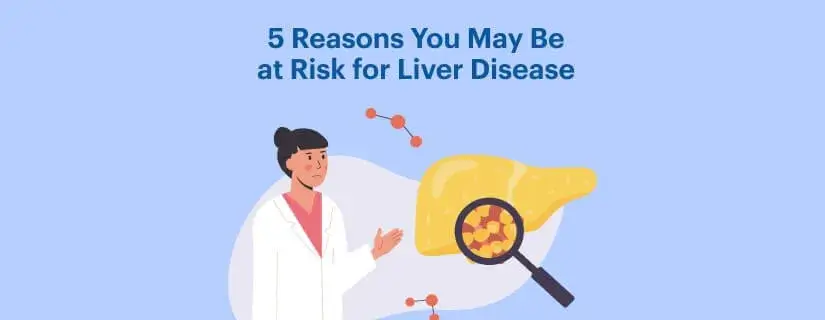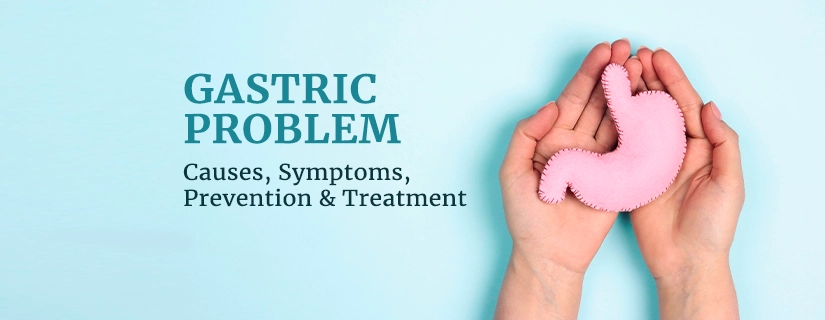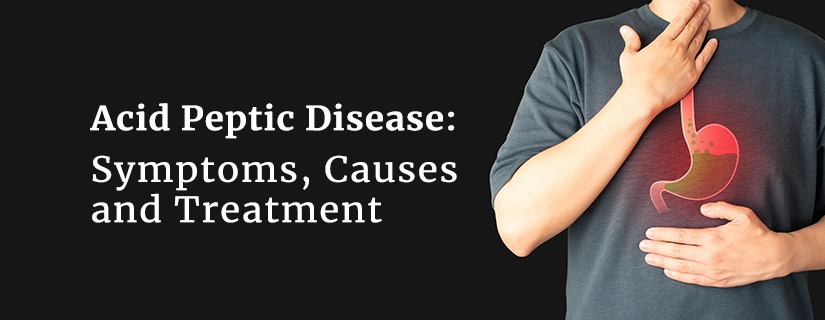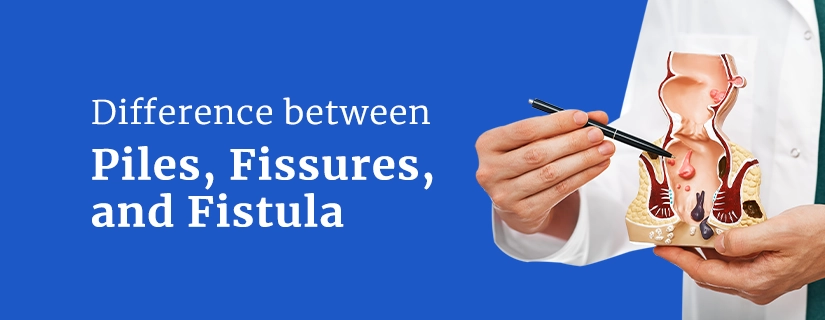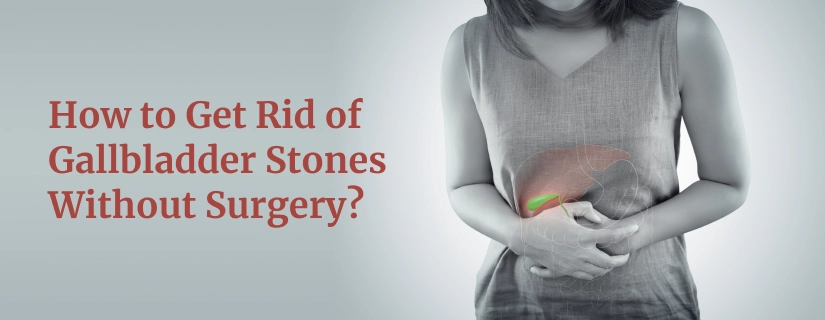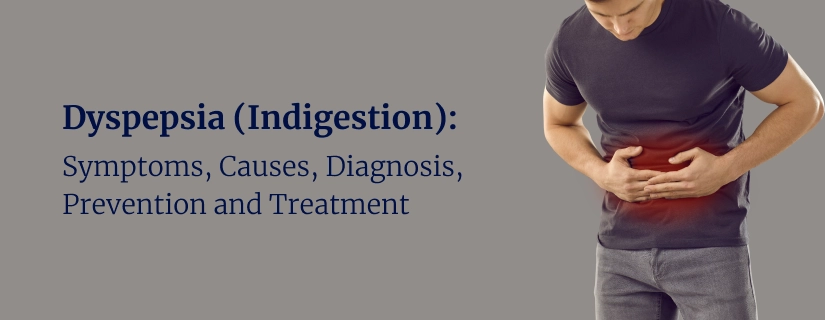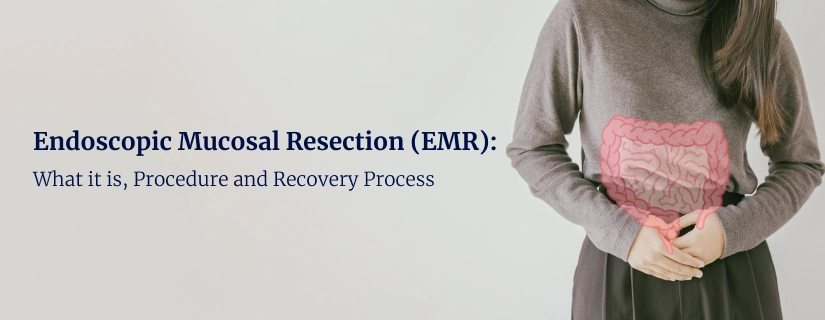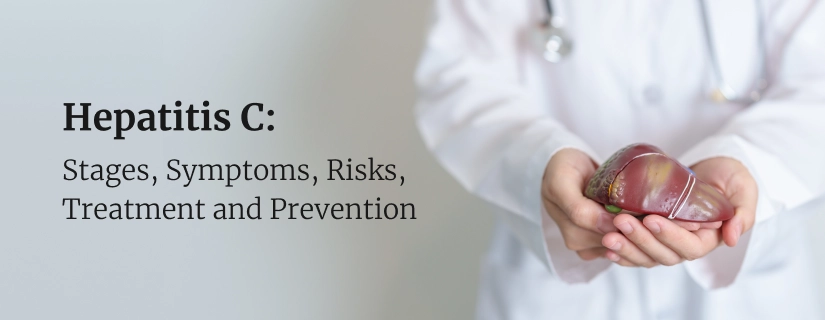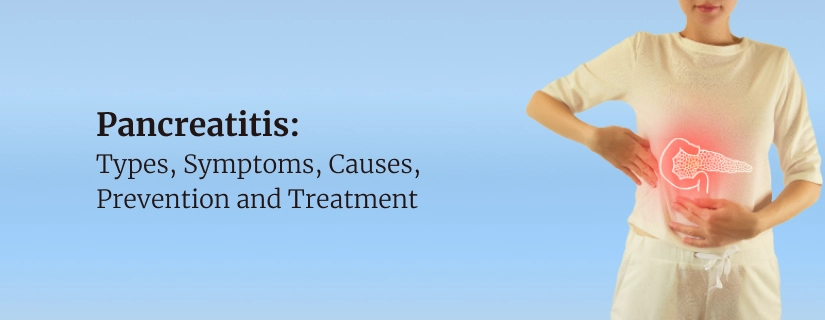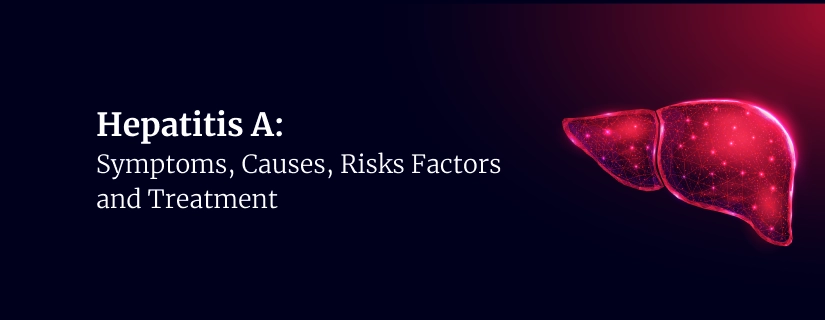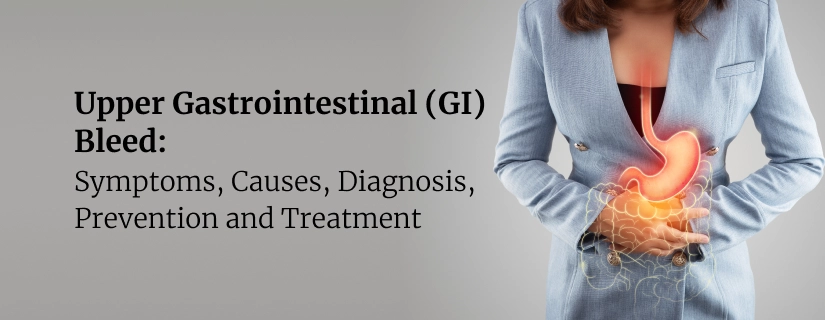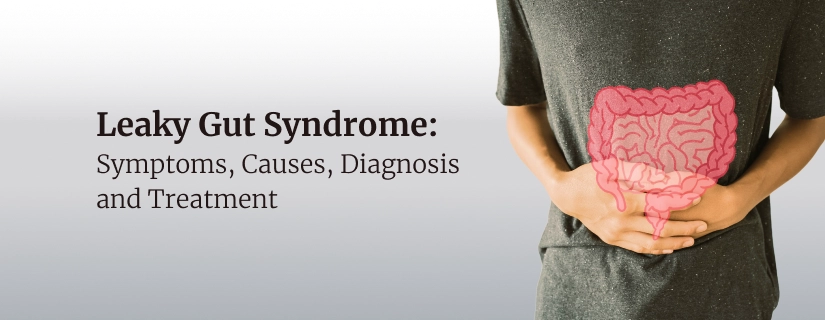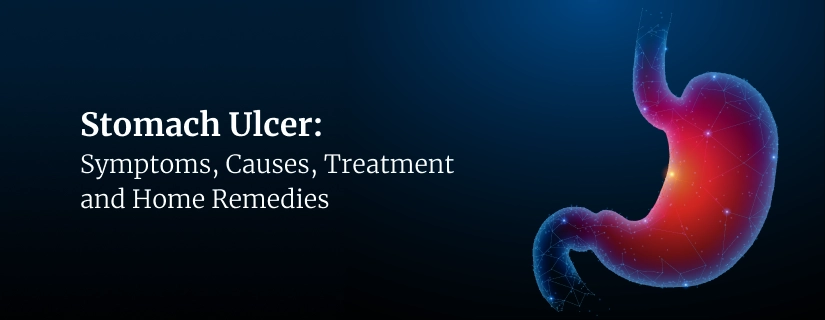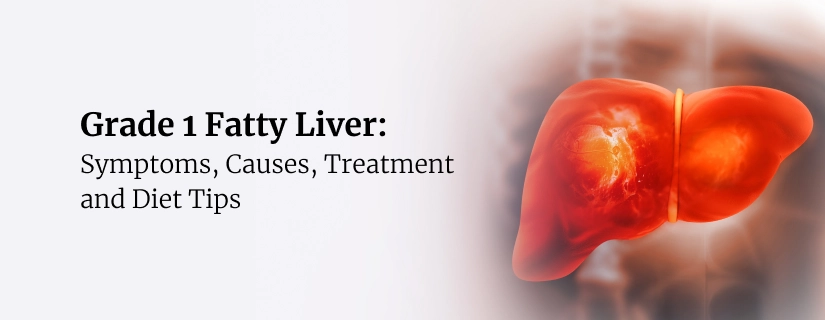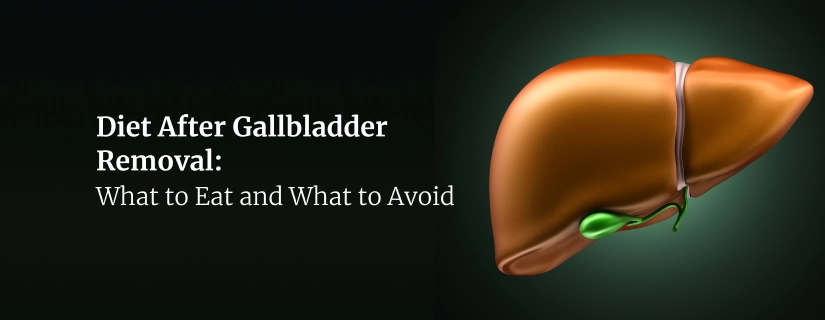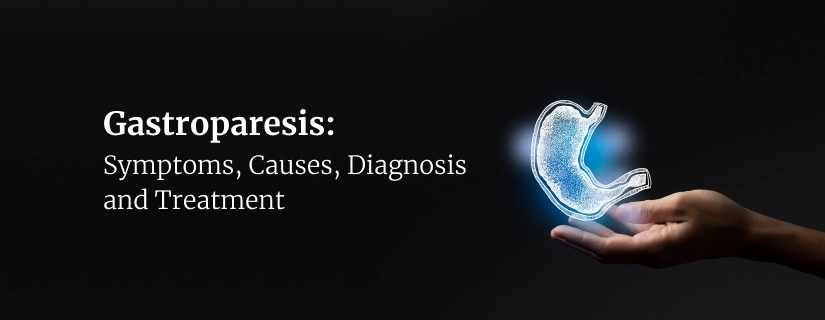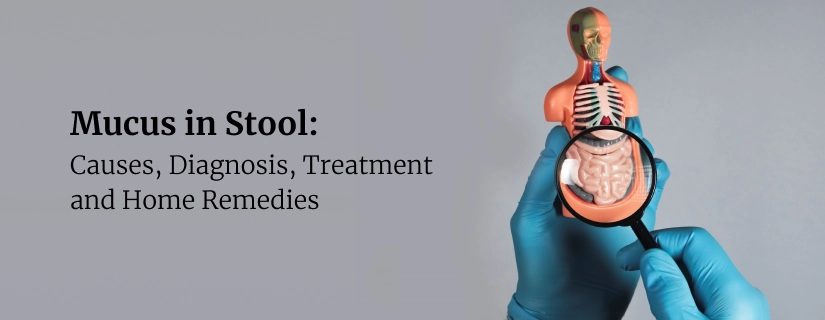-
Doctors
-
Specialities & Treatments
Centre of Excellence
Specialties
Treatments and Procedures
Hospitals & Directions HyderabadCARE Hospitals, Banjara Hills CARE Outpatient Centre, Banjara Hills CARE Hospitals, HITEC City CARE Hospitals, Nampally Gurunanak CARE Hospitals, Musheerabad CARE Hospitals Outpatient Centre, HITEC City CARE Hospitals, Malakpet
HyderabadCARE Hospitals, Banjara Hills CARE Outpatient Centre, Banjara Hills CARE Hospitals, HITEC City CARE Hospitals, Nampally Gurunanak CARE Hospitals, Musheerabad CARE Hospitals Outpatient Centre, HITEC City CARE Hospitals, Malakpet Raipur
Raipur
 Bhubaneswar
Bhubaneswar Visakhapatnam
Visakhapatnam
 Nagpur
Nagpur
 Indore
Indore
 Chh. Sambhajinagar
Chh. SambhajinagarClinics & Medical Centers
Book an AppointmentContact Us
Online Lab Reports
Book an Appointment
Consult Super-Specialist Doctors at CARE Hospitals
Gastroesophageal Reflux Disease (GERD): Symptoms, Causes, Diagnosis and Treatment
Updated on 2 February 2024
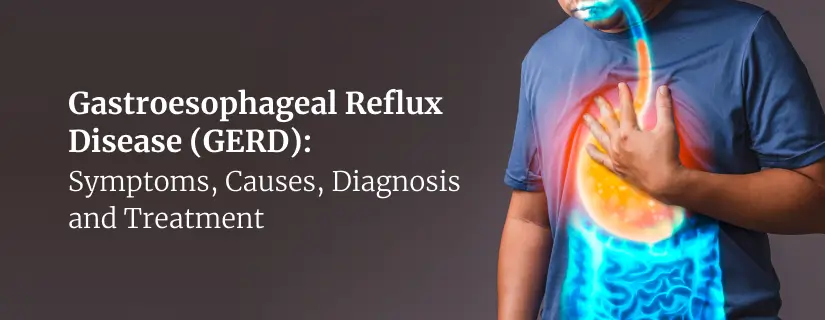
Gastroesophageal reflux disease (GERD) is a chronic stomach problem where acid from the belly goes back up into your food pipe. Many people experience acid reflux often. However, long-time acid reflux could cause GERD.
Food travels down the oesophagus, a tube, from the mouth to the stomach. A weak or broken valve that separates the stomach and the oesophagus may be the cause of GERD. In addition to causing heartburn and other symptoms, acids in the oesophagus may also cause tissue damage. The frequent backflow (reflux) of acid can cause discomfort and complications, impacting an individual’s quality of life.
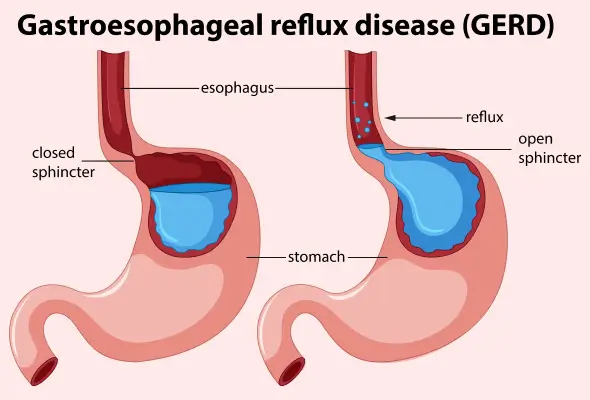
Symptoms of GERD
Identifying the signs of GERD can help in early intervention and management. Some common symptoms include:
- A burning sensation in the chest, often after meals or when lying down.
- Sour-tasting fluid backing up into the throat or mouth.
- Difficulty swallowing or a sensation of a lump in the throat.
- Severe chest discomfort that can feel like a heart attack.
- Irritation of the throat due to acid reflux.
In addition to these symptoms, acid reflux throughout the night may also cause:
- A persistent cough unrelated to other respiratory conditions.
- Asthma that is new or getting worse
When to See a Doctor
Consult a doctor immediately if:
- Symptoms persist despite lifestyle changes or over-the-counter medications.
- Difficulty swallowing persists or worsens.
- Unintended weight loss or persistent nausea.
Causes of GERD
Frequent stomach acid reflux or reflux of non acidic material is the cause of GERD. The lower oesophageal sphincter, a circular band of muscle that surrounds the bottom of your oesophagus, relaxes during swallowing to let food and liquids pass into your stomach. The sphincter then shuts once again.
Acid from your stomach may reflux back into your oesophagus if the sphincter weakens or fails to relax as it should. Your oesophageal lining becomes irritated by this continuous backwash of acid, which frequently results in inflammation.
The following are a few factors that may aggravate GERD:
- Being overweight
- Overeating
- Consuming chocolate, citrus fruits, and fatty or spicy meals
- Drinking coffee
- Consumption of alcohol
- Using tobacco
- Taking aspirin and nonprescription pain and fever relievers. These consist of NSAIDs, or nonsteroidal anti-inflammatory medicines, such as naproxen and ibuprofen.
Some medical conditions that might result in heartburn or increase the likelihood of it include:
- Hiatal hernia (weakening of the abdominal wall)
- Obesity
- Pregnancy due to hormonal changes and increased abdominal pressure
- Conditions like scleroderma (a connective tissue disorder)
- Delayed stomach emptying in conditions like gastroparesis
Complications of GERD
Gastroesophageal reflux disorder (GERD) can lead to various complications if left untreated, drastically impacting one's health. Some of the major complications include:
- Esophagitis: Acid from the stomach can damage the tissue lining the oesophagus, leading to soreness, bleeding, and occasionally an ulcer. Swallowing can be painful and challenging if you have esophagitis.
- Barrett's Oesophagus: The tissue that lines the lower oesophagus may alter as a result of acid damage. An elevated risk of oesophageal cancer is linked to these alterations.
- Lung Problems: Reflux can lead to throat irritation when stomach acid reaches the back of the throat. You may experience hoarseness in your voice. It's also possible that you experience a persistent cough and chest congestion. You may run the risk of developing pneumonia, bronchitis, and asthma if your lungs get irritated.
- Dental Problems: Frequent exposure to stomach acid can erode tooth enamel, leading to dental decay or sensitivity.
- Oesophageal Ulcers and Bleeding: Continuous irritation can result in ulcers in the oesophagus, leading to bleeding and anaemia.
- Oesophageal stricture: Acid reflux causes scar tissue to grow in the lower oesophagus. Swallowed food passage is caused by the scar tissue, which makes swallowing difficult.
GERD Diagnosis
Based on your medical history, physical examination, and symptoms, your doctor may be able to diagnose GERD. In order to verify a GERD diagnosis or to look for any complications, the doctor may advise:
- Upper Endoscopy: The doctor places an endoscope—a tiny, flexible tube with a light and camera—down your throat. Your doctor can view inside your stomach and oesophagus with the use of an endoscope. When reflux is present, test results might not indicate a problem; nevertheless, an endoscopy could reveal additional difficulties, including Oesophagitis, or inflammation of the oesophagus. A biopsy, or sample of tissue, can also be taken during an endoscopy in order to check for issues like Barrett oesophagus.
- Esophageal pH Monitoring: Your oesophagus is fitted with a monitor to record the duration and timing of stomach acid regurgitation. The display is connected to a little computer that you may wear over your shoulder or around your waist. A small, flexible tube called a catheter that is inserted through your nose and into your oesophagus might serve as the monitor. Alternatively, it might be a clip inserted into your oesophagus during an endoscopy. Within two days, the clip goes into your stool.
- X-Ray: This involves drinking a chalky substance that covers and fills the inside lining of the digestive tract, and then you have X-rays taken. The covering makes it possible for the doctor to view the outline of your stomach and oesophagus. Those who have difficulty swallowing will find this especially helpful. In order to detect an esophageal narrowing that could be causing difficulty swallowing, you can also be asked to take a barium tablet.
- Oesophageal Manometry: Your oesophageal muscle contractions during swallowing are measured by this test. The coordination and force used by your esophageal muscles are also measured by oesophageal manometry. People who struggle with swallowing are usually the ones who undergo this.
Treatment of GERD
Treatment for gastroesophageal reflux disease (GERD) aims to alleviate symptoms, heal oesophageal damage, and prevent complications. Both medical and surgical approaches are available for managing GERD:
- Medical Treatments
- Antacids: Provide immediate but short-term relief by neutralising stomach acid.
- H2 Blockers: Reduce the production of stomach acid and offer longer-lasting relief.
- Proton Pump Inhibitors (PPIs): Most effective in reducing acid production and promoting healing of the oesophagus. Used for short-term relief and long-term management.
- Prokinetics: Help strengthen the lower oesophageal sphincter and aid in emptying the stomach faster.
- Surgical Treatments
- Fundoplication: A surgical procedure where the upper part of the stomach is wrapped around the lower oesophagus to strengthen the sphincter, preventing acid reflux. In order to tighten the muscle and stop reflux, the surgeon wraps the upper portion of your stomach around the lower oesophageal sphincter. Laparoscopic surgery, which is less invasive, is typically used to do fundoplications.
- LINX device: A ring of tiny magnetic beads is placed around the junction of the stomach and oesophagus to prevent acid reflux while allowing food to pass through. Although the magnetic attraction between the beads is weak enough to let food flow through, it is strong enough to maintain the junction closed against acid reflux. A less invasive surgical procedure can be used to install the LINX device.
- Transoral incisionless fundoplication (TIF): With this novel surgery, the lower oesophageal sphincter is tightened by partially wrapping the lower oesophagus with polypropylene fasteners. There is no surgical incision needed for TIF as it is done through the mouth with an endoscope. Its benefits include a short recovery period and a high tolerance. It is not possible to treat a big hiatal hernia with TIF alone. TIF could be feasible, nevertheless, if it is paired with laparoscopic hiatal hernia repair.
Lifestyle and Home Remedies
The frequency of acid reflux may be decreased with a change in lifestyle. Try to:
- Keep a healthy weight
- Give up smoking
- Raise the head of your bed.
- Refrain from consuming acidic meals and beverages.
- Chew everything well and slowly as you eat.
- Never lie down right after eating.
- If you want to reduce your risk of reflux, start your nighttime sleep on your left side.
Conclusion
Consult a healthcare physician if you get acid reflux on a regular basis. It's critical to ascertain the effects on your body. GERD is more than simply an inconvenience; it may be really harmful. It's also rather manageable. You may have GERD if you frequently have acid reflux and it has a substantial impact on your life. It's good to discuss your symptoms with a medical professional. They can determine whether treatment might be beneficial.
To Book an Appointment, call:
ENQUIRY FORM
SELECT CATEGORIES
-
Neurosciences (16)
-
Neurology (37)
-
Neurosurgery (14)
-
Orthopaedics (48)
-
Oncology (33)
-
Obstetrics and gynecology (51)
-
Pulmonology (23)
-
Urology (20)
-
Nephrology (13)
-
Psychiatry (7)
-
Dietetics and Nutrition (111)
-
General Medicine (63)
-
Cardiac Sciences (30)
-
Vascular & Endovascular Surgery and Interventional Radiology (10)
-
Gastroenterology (46)
-
Endocrinology (23)
-
Plastic Surgery (10)
-
Critical Care Medicine (5)
-
COVID-19 (16)
-
Dermatology (16)
-
Emergency Care (1)
-
Ophthalmology (4)
-
Pediatrics (14)
-
Laparoscopic and Bariatric Surgery (8)
-
ENT (15)
-
Kidney Transplant (1)
-
Liver Transplantation and Hepatobiliary Surgery (5)
-
General Surgery (3)
-
Internal Medicine (5)
-
Medicine Information
Dysphagia: Causes, Symptoms and Treatment
Hepatitis B: Causes, Symptoms, Diagnosis, Treatment and Prevention
YOU MAY ALSO LIKE
RECENT BLOGS
-

Direct Anterior Approach in Total Hip Replacement: Advantages and Challenges
10 April 2025
Read More
-

Zinc Deficiency: Signs and Symptoms, Causes, Treatment
9 April 2025
Read More
-

Chest Pain When Coughing: Causes, Treatment and Home Remedies
9 April 2025
Read More
-

12 Health Benefits of Eating Mushrooms
8 April 2025
Read More
-

7 Health Benefits of Blood Donation You Should Know About
8 April 2025
Read More
-

Implantation Bleeding Vs Periods: Know the Difference
28 February 2025
Read More
-

Bloating During Ovulation: Symptoms, Causes and Remedies
28 February 2025
Read More
-

Itching During Dengue: Causes, Treatment and Home Remedies
18 February 2025
Read More
Have a Question?
If you cannot find answers to your queries, please fill out the enquiry form or call the number below. We will contact you shortly.








